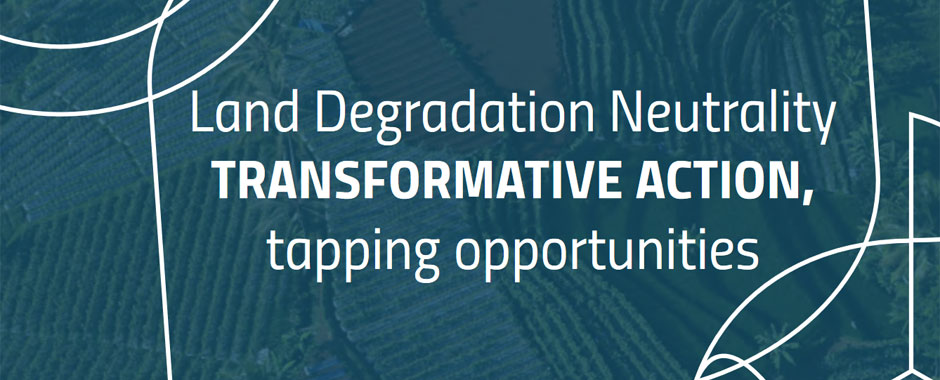A critical assessment of ‘degradation neutrality’, the latest idea to emerge in global conservation efforts, is at the heart of a new article for the Antipode Foundation by Amber Huff (STEPS Centre/IDS) and Andrea Brock (University of Sussex).
The article picks up on previous work by STEPS & Sussex University on ‘green grabbing’ and other ways in which conservation goals can be captured by powerful interests, leading to reinforced forms of injustice and inequality.
The authors encourage us to look beyond “compelling imagery and just-so stories of crisis, stewardship, and salvation, not to mention the promise of ‘win-win-wins’ for all”. They argue that ‘degradation myths’ are being revitalised, which “construct agrarian populations as threats to land, forests, and biodiversity, and rich foreign investors as saviours working for the greater global good and saving poor people from themselves.”
From the article:
In this Intervention, we argue that the emerging paradigm of large-scale land restoration premised on the logic of “degradation neutrality” points to a new dynamic in both land governance and conservation finance. It reflects a fundamental shift from protection and conservation of ecosystems to an “economy of repair” (Fairhead et al. 2012), feeding into a new regime that we frame in terms of accumulation by restoration. We further argue that accumulation by restoration amplifies the exclusionary, racist, and violent trajectory of neoliberal conservation and particularly “green grabbing”, exacerbating socio-economic inequalities and power hierarchies via both material and discursive pathways.
Read the full article at Antipodefoundation.org
